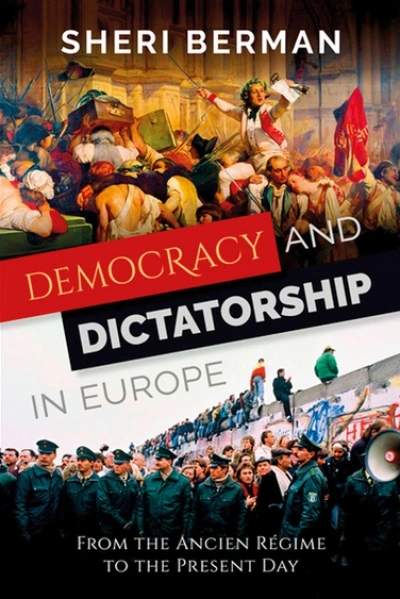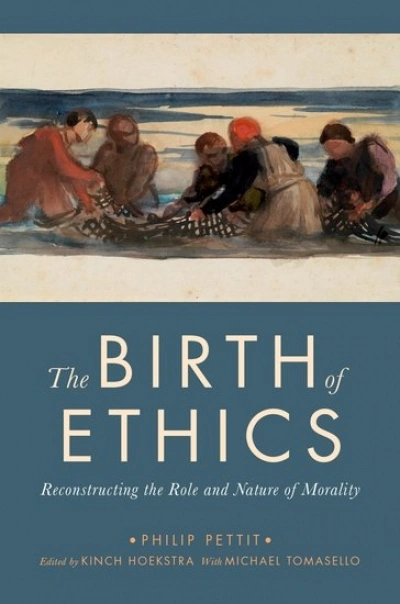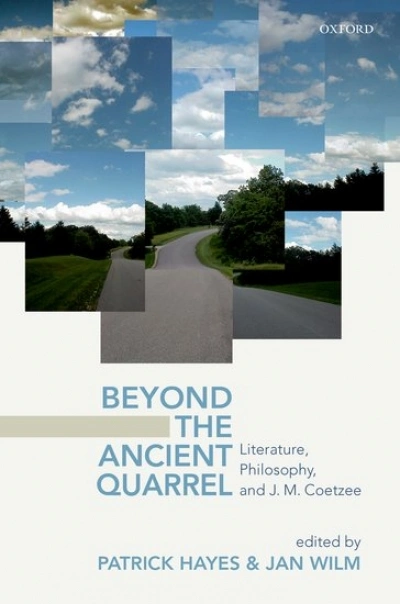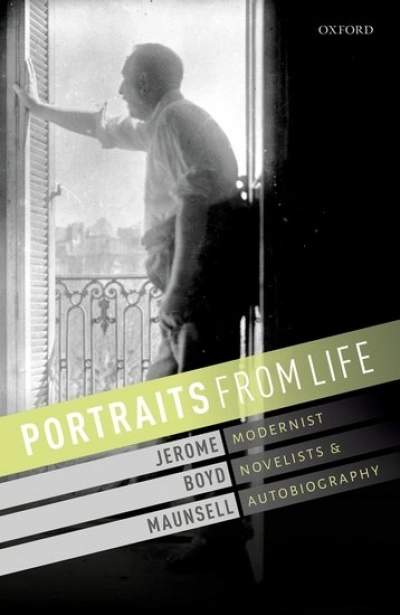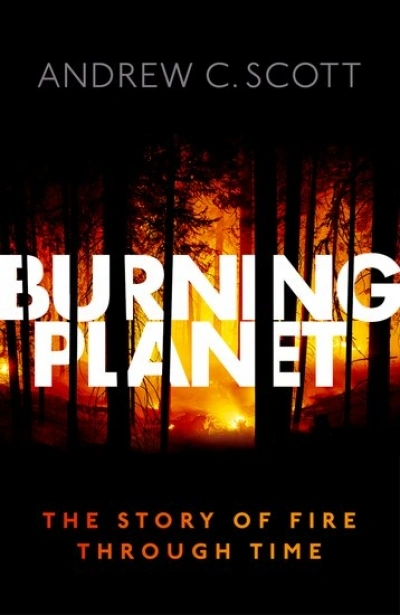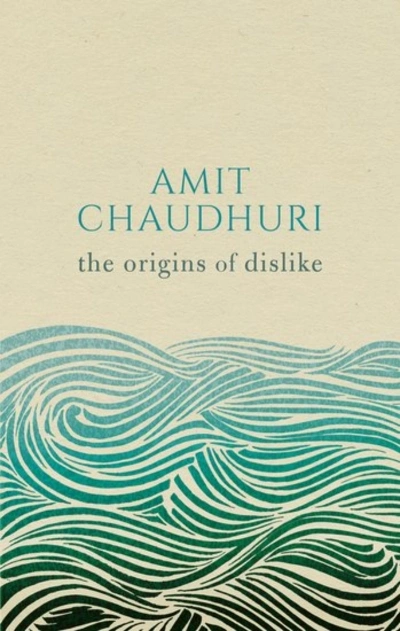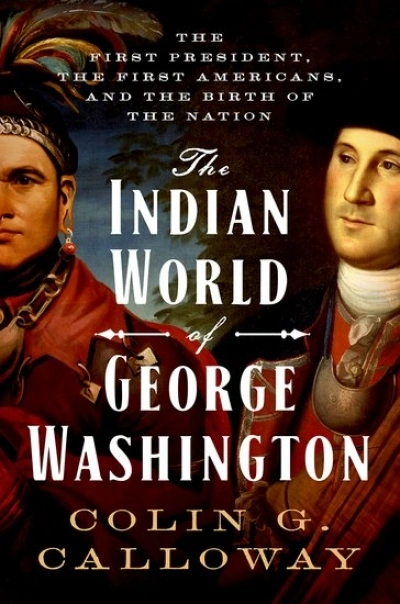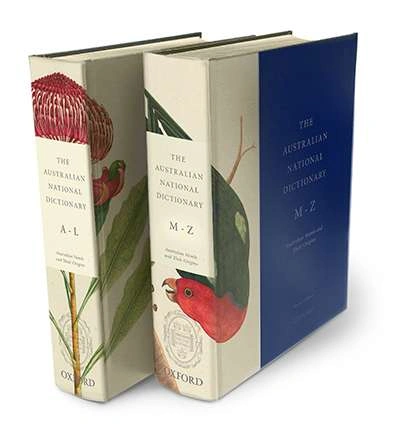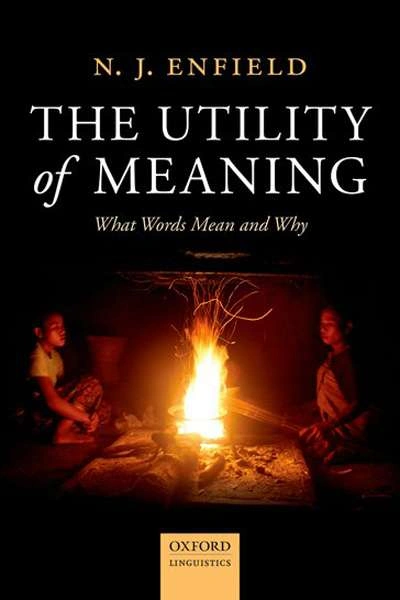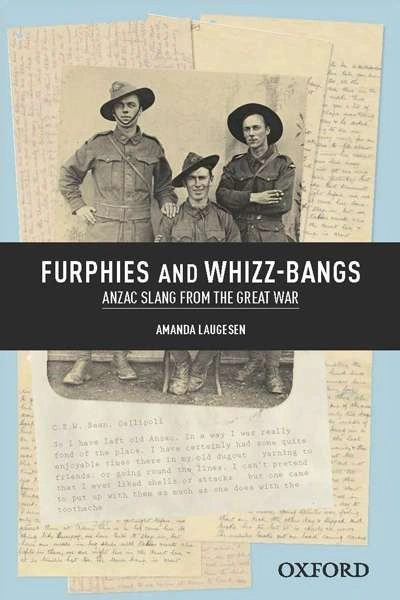Oxford University Press
Democracy and Dictatorship in Europe: From the Ancien Régime to the present day by Sheri Berman
by Rémy Davison •
The Birth of Ethics: Reconstructing the role and nature of morality by Philip Pettit, edited by Kinch Hoekstra with Michael Tomasello
by David Neil •
Beyond the Ancient Quarrel: Literature, philosophy and J.M. Coetzee edited by Patrick Hayes and Jan Wilm
by Tim Mehigan •
Portraits from Life: Modernist novelists and autobiography by Jerome Boyd Maunsell
by Richard Freadman •
The Indian World of George Washington: The first president, the first Americans, and the birth of the nation by by Colin G. Calloway
by Joshua Specht •
The Australian National Dictionary: Second Edition edited by Bruce Moore
by Kate Burridge •
The Utility of Meaning: What Words Mean and Why by N.J. Enfield
by Kate Burridge •
Furphies and Whizz-Bangs: ANZAC slang from the Great War by Amanda Laugesen
by John Arnold •

